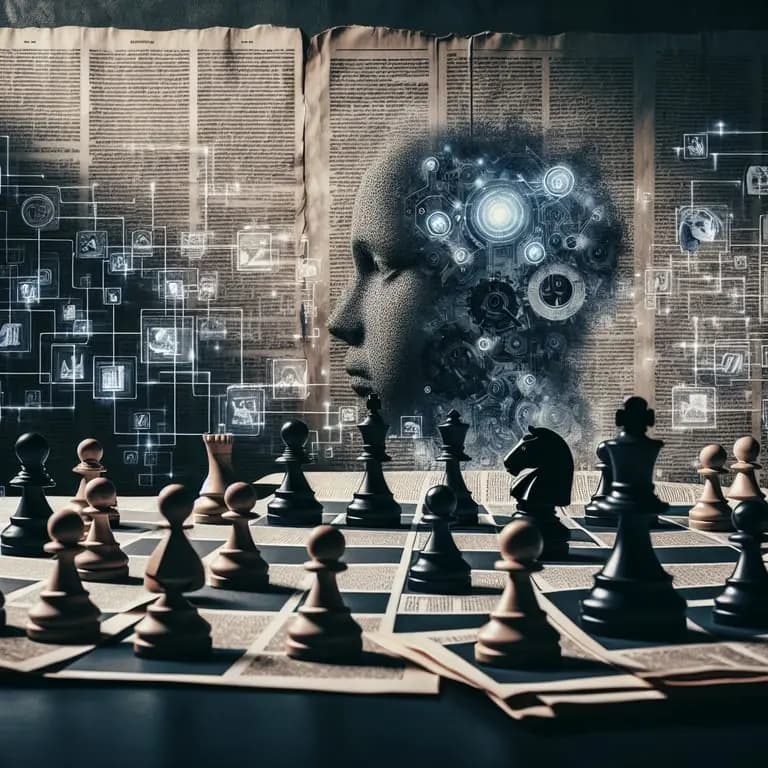We're loading the full news article for you. This includes the article content, images, author information, and related articles.
OpenAI has announced its intention to appeal a court ruling in its copyright dispute with The New York Times, arguing that the court's data preservation demands compromise user privacy. CEO Sam Altman also raised the concept of an "AI privilege," likening AI interactions.

San Francisco, CA OpenAI CEO Sam Altman announced on Thursday, June 6, 2025, that the company will appeal a court decision in its ongoing copyright infringement lawsuit with The New York Times. The ruling reportedly requires OpenAI to preserve ChatGPT output data indefinitely at the Times' request, a mandate Altman argues fundamentally compromises user privacy and is a core principle OpenAI is prepared to fight.
The New York Times filed suit against OpenAI and its partner Microsoft in late 2023, alleging the unauthorized use of millions of its copyrighted articles to train the large language models (LLMs) powering ChatGPT. OpenAI COO Brad Lightcap called the data retention demand a “sweeping and unnecessary demand” that “fundamentally conflicts with the privacy commitments we have made to our users.” Altman further introduced the concept of "AI privilege," suggesting that interactions with AI should have confidentiality protections akin to those with lawyers or doctors.
This legal battle highlights the escalating tension between generative AI and existing intellectual property laws. An April court opinion indicated The Times had made a plausible case that OpenAI induced users to infringe its copyrights, allowing the claims to proceed. A final ruling in favor of The New York Times could force significant changes in how AI models are trained and expose AI companies to substantial financial liabilities. Conversely, a ruling favoring OpenAI might solidify current training practices but could intensify calls for legislative reform to protect copyright holders. This landmark case could have profound implications for the future of AI development, intellectual property law, and the burgeoning debate over user privacy in the age of AI.
Keep the conversation in one place—threads here stay linked to the story and in the forums.
Sign in to start a discussion
Start a conversation about this story and keep it linked here.
Other hot threads
E-sports and Gaming Community in Kenya
Active 9 months ago
The Role of Technology in Modern Agriculture (AgriTech)
Active 9 months ago
Popular Recreational Activities Across Counties
Active 9 months ago
Investing in Youth Sports Development Programs
Active 9 months ago